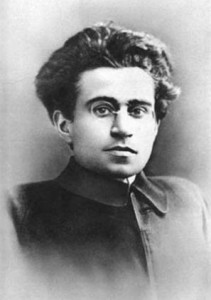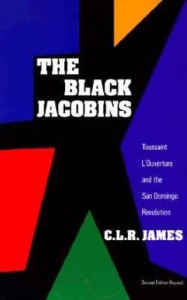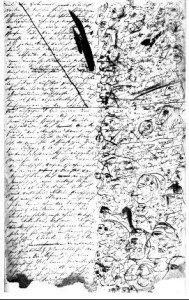 After reading Antonio Santucci’s short political biography on Gramsci and after re-reading some of the Prison Notebooks (edited and translated by J. Buttigieg), I want to offer a reading of the relation and significance of “hegemony” within what Gramsci conceives of as a “philosophy of praxis”—his name for Marxism. (But I think this was more than a code name to confuse his prison censors and overseers.) This is a different kind of interpretation of hegemony, that I’ve normally assumed in my research. I guess you can say I want to “try on” something else.
After reading Antonio Santucci’s short political biography on Gramsci and after re-reading some of the Prison Notebooks (edited and translated by J. Buttigieg), I want to offer a reading of the relation and significance of “hegemony” within what Gramsci conceives of as a “philosophy of praxis”—his name for Marxism. (But I think this was more than a code name to confuse his prison censors and overseers.) This is a different kind of interpretation of hegemony, that I’ve normally assumed in my research. I guess you can say I want to “try on” something else.
At several points in his notes, Gramsci paraphrases Marx from memory: “people become conscious of their social position on the terrain of the superstructures” (Q8 §167, Q4 §15 §38, SPN 365). Within debates of his day, this was one key political point of departure for his efforts to stake out positions and strategies against both “economism” and “voluntarism.” Continue reading



